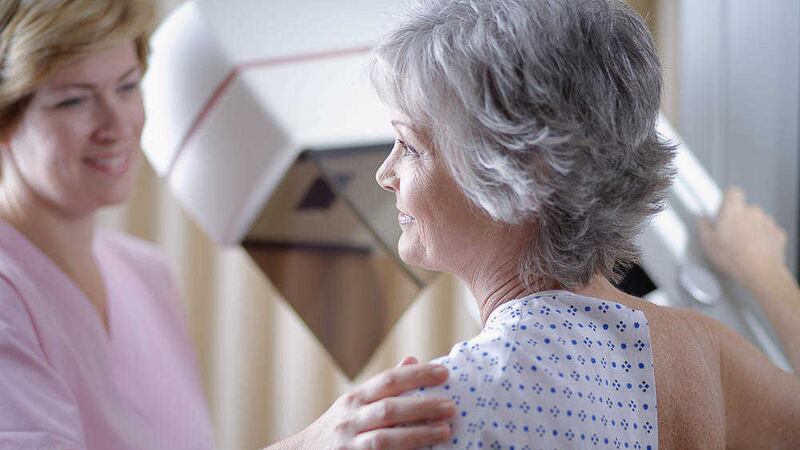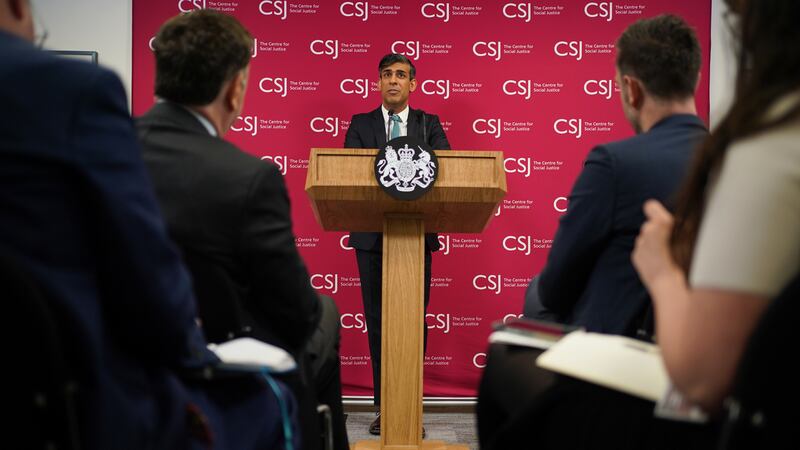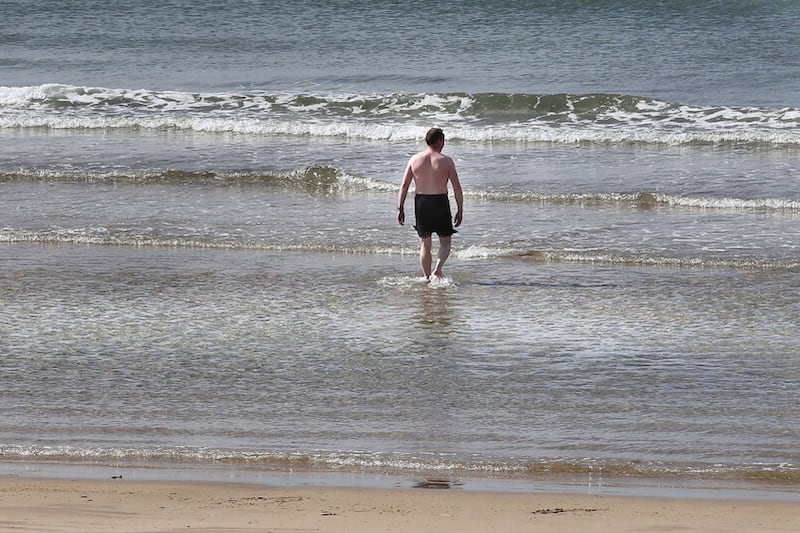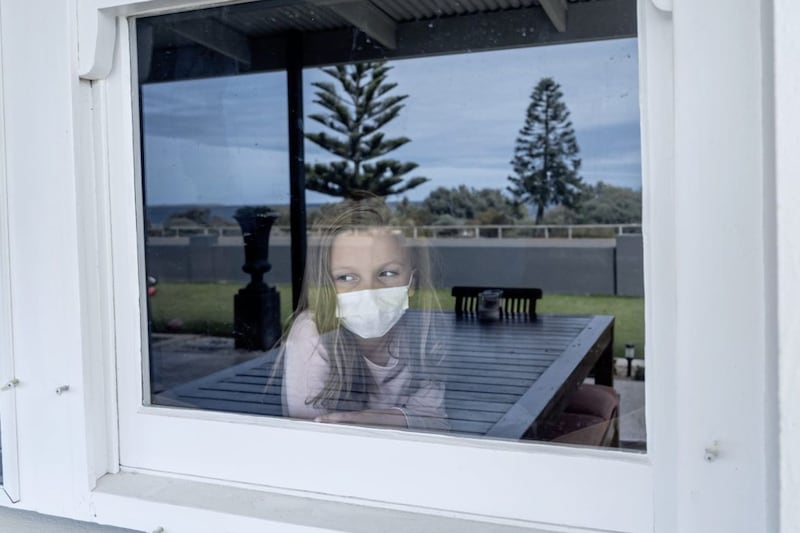HALF of suspected breast cancer patients in Northern Ireland were not seen within the fortnight target in November, The Irish News has learned.
Women deemed 'red-flag' referrals after being assessed by their GP in the Northern health trust were caught up in the biggest backlog to see a hospital consultant - with just 16 per cent assessed in time.
But poor performances were also recorded in the South Eastern and Belfast trusts, despite Department of Health guidelines stating that 100 per cent of cases should receive urgent testing such as mammograms or needle biopsies within 14 days.
The figures were revealed by the Health and Social Care Board, with officials attributing the crisis to a spike in referrals following October's breast cancer awareness month. Staff shortages were also linked to the delays.
But a former health minister, who now sits on a Stormont scrutiny committee, branded the Board's reasoning as “unacceptable” and called for better planning in cancer services.
Ulster Unionist South Belfast MLA Michael McGimpsey also pointed to the figures for November 2014, when targets were largely met, and described the 2015 pre-Christmas delays as "frightening".
"I am disgusted and angry that the Board has attempted to justify these figures by blaming it on the impact of breast cancer awareness month. In reality it shows an abject failure to prepare and effectively administer one of our most important local medical services," Mr McGimpsey said.
"Instead of cherishing the fact that more people are coming forward at an earlier time, some of the health minister’s most senior officials appear to be using it to rationalise an overall decline in service. That is simply not acceptable and shows a callous disregard for the fear and concern that these women find themselves in."
There was a public outcry in England two years ago when it emerged that 10 per cent of urgent breast cancer patients weren't seen within its target.
But the Board's latest figures show that just 51 per cent of referrals across the north's five health trusts were given timely assessments. The South Eastern trust saw less than a quarter of its referrals in a fortnight while just 32 per cent of Belfast trust patients had an appropriate referral.
No health trust met the target in November but the Southern and Western trusts fared significantly better.
A spokeswoman for the Northern trust told the Irish News they had experienced a "significant and sudden increase" in red flag referrals.
"As of Monday, 18 January all breast patients referred as red flag are being seen once again within 14 days," she added.
A spokeswoman for the South Eastern health trust explained they had taken on extra patients to ease the Belfast trust's backlog last year. She added they had introduced additional clinics to tackle the backlog and were meeting targets this month.








